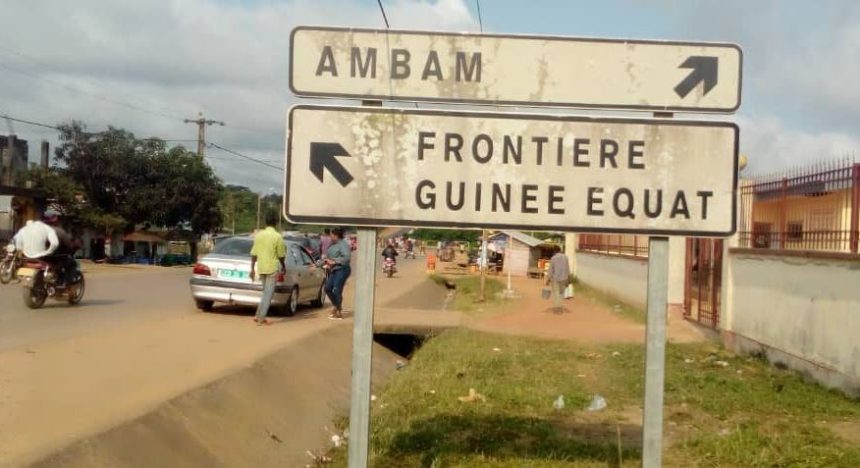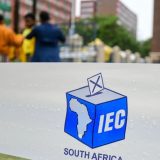Equatorial Guinea’s land borders were closed in anticipation of the presidential election that will start there on November 3 and have caused “a lot” of suffering for Cameroonian traders who live there.
Vice President Teodorin Nguema Obiang defended this action on October 25 by stating that it was taken “to prevent the infiltration of groups that may try to destabilise the campaign,” but he did not provide a specific date for the reopening of the borders or make clear that only airports would remain open.
Many people are using illegal jungle trails to run their regular errands at the well-known Kye Ossi.
Guinea closes its land borders in preparation for the election.
Equatorial Guinea shut down its land borders with Cameroon and Gabon on Monday in an effort to stop groups from “infiltrating” its territory and “destabilising” the upcoming presidential election campaign, which will begin this week.
The election campaign officially kicks off on Thursday, and vice president Teodoro Nguema Obiang Mangue had stated that the step will “prevent the entrance of groups who may attempt to destabilise the (election) campaign”
When he said last Tuesday that only airports would remain open, he did not provide a time for the borders to reopen.
The border has been closed since Monday morning, a local official in the northern border town of Ebebiyin told AFP under the condition of anonymity.
The presidential election, which was originally slated for April 2023, was moved up to November 20 to coincide with the legislative, senate, and local elections as a result of a decree made by long-serving leader Teodoro Obiang Nguema Mbasogo.
The decision to hold the pricey votes concurrently was justified by the conflict in Ukraine and the Covid-19 pandemic.
Since what the authorities termed as an unsuccessful coup attempt that was launched against President Obiang in late 2017, the country of central Africa has tightened border security.
Equatorial Guineans and foreign mercenaries entering from Cameroon are accused of planning the coup.
Despite a regional accord on the free flow of persons and products with Cameroon, Gabon, Congo-Brazzaville, the Central African Republic, and Chad, Equatorial Guinea frequently locks its borders for security reasons.
Despite the nation’s substantial oil and gas reserves, the majority of its 1.3 million residents, according to the World Bank, live in poverty.







